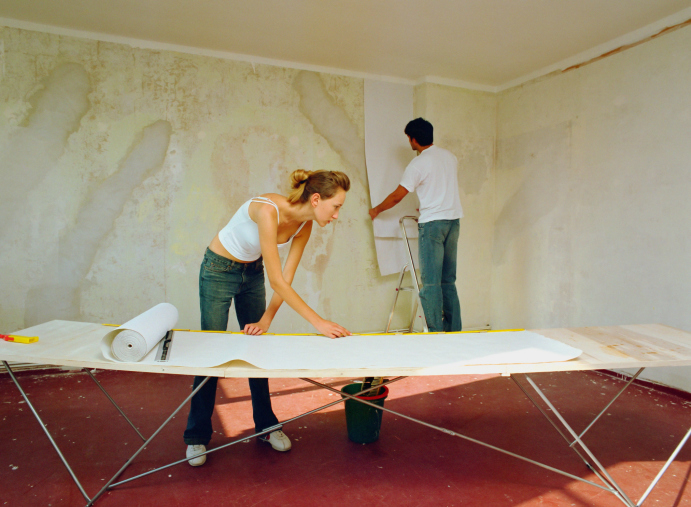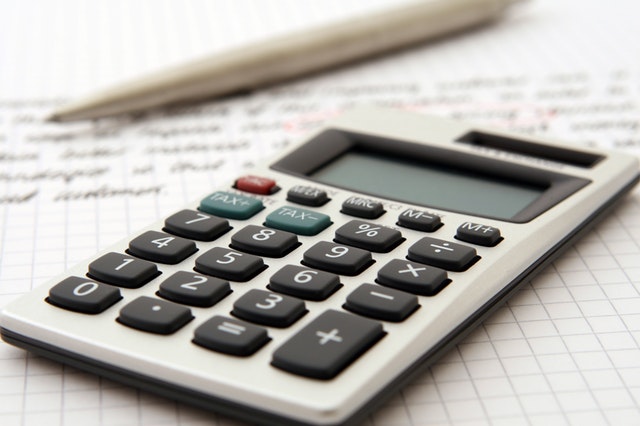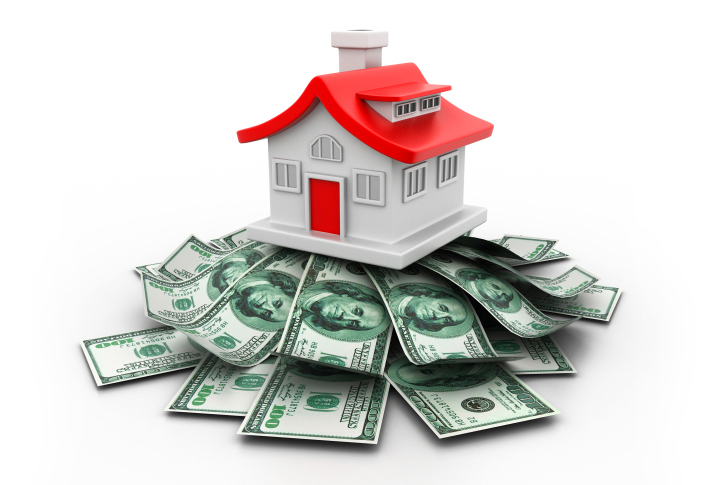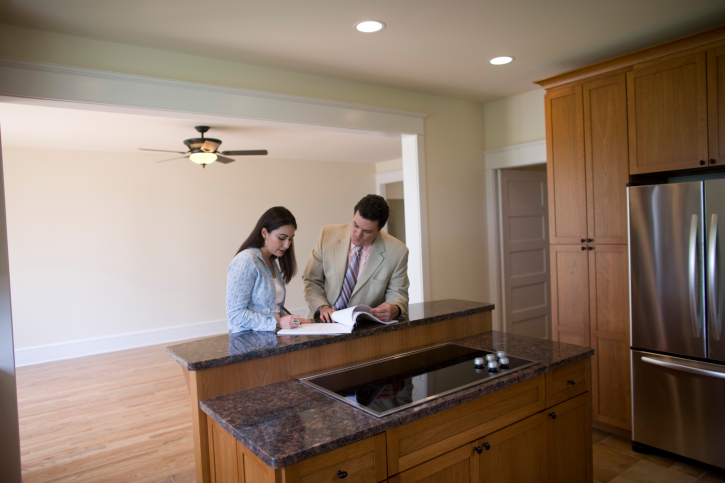 If you’ve been thinking about investing in a real estate project you may have considered buying a distressed house or two at a steep discount in order to fix them up and sell them at a higher price. This is known as “flipping”, and in today’s post we’ll share a quick guide to flipping homes and how to get started with this type of real estate investing.
If you’ve been thinking about investing in a real estate project you may have considered buying a distressed house or two at a steep discount in order to fix them up and sell them at a higher price. This is known as “flipping”, and in today’s post we’ll share a quick guide to flipping homes and how to get started with this type of real estate investing.
Assessing Your Budget and Tolerance for Risk
We’ll start by stating the obvious: when you buy real estate with the intent of flipping it, losing money is a very real possibility. You’ll need to assess your own tolerance for risk and decide how much you want to invest in your real estate venture.
If you’re new to buying homes it’s a great idea to start small – an inexpensive “fixer upper” house or a condo – and work your way up from there. Spend some time crafting a budget to assess how much you’ll be spending to acquire the home and in repairs or renovations, and what you expect to receive when you sell.
Shopping for Suitable Houses and Condos
Once you’ve got your budget prepared and your finances are in order you’ll need to start looking for a suitable home. The ideal listing is one that is priced at a discount to all of the other homes in the neighborhood as the home is in some state of disrepair or has certain issues that need to be fixed up. Spend some time browsing through local property listings which are sorted by price and note which options are the least expensive. This is where you’ll want to start.
Scale Things Up by Finding a Partner
After you’ve bought, repaired and sold a home or two you’re likely going to want to scale things up. Consider bringing on a partner who can help shoulder some of the workload or one that may want to invest capital so that you can buy homes in a higher quantity. Remember, this is business; if you work with someone else you’ll want to formalize your arrangement with a written contract.
As with any business venture, there’s a bit of a learning curve that you’ll need to overcome when you begin flipping houses. As long as you’re patient and ready to move when you find the perfect home, you’ll soon find success with your real estate investments.
 Are you ready to make that leap from living at home or renting to owning a home of your own? While everyone moves at their own pace, here are some signs that you can use to determine if it is time to own your own home. Let’s take a look at some of the reasons you can use to justify your decision.
Are you ready to make that leap from living at home or renting to owning a home of your own? While everyone moves at their own pace, here are some signs that you can use to determine if it is time to own your own home. Let’s take a look at some of the reasons you can use to justify your decision. The real estate market has been in flux during the past few months. As a result, this could be a great time to both buy and sell a home. This is because mortgage rates are attractive for borrowers right now. With so many people who are looking to buy a home, is likely the people selling a home are going to receive multiple offers. On the other hand, given what the mortgage market looks like right now, borrowers also have attractive options.
The real estate market has been in flux during the past few months. As a result, this could be a great time to both buy and sell a home. This is because mortgage rates are attractive for borrowers right now. With so many people who are looking to buy a home, is likely the people selling a home are going to receive multiple offers. On the other hand, given what the mortgage market looks like right now, borrowers also have attractive options. You’ve found the perfect new house or condo, and you are now preparing an offer that you believe the seller will find tempting enough to accept. However, you know that there are going to be thousands of dollars in closing costs that need to be paid before the sale is completed and you become the home’s new owner.
You’ve found the perfect new house or condo, and you are now preparing an offer that you believe the seller will find tempting enough to accept. However, you know that there are going to be thousands of dollars in closing costs that need to be paid before the sale is completed and you become the home’s new owner. With mortgage bubbles and real estate issues still in recent memory, one might feel that their best option is to buy their next home using cash instead of borrowing the necessary funds. In today’s article we’ll explore the pros and cons of paying cash for that next house or condo.
With mortgage bubbles and real estate issues still in recent memory, one might feel that their best option is to buy their next home using cash instead of borrowing the necessary funds. In today’s article we’ll explore the pros and cons of paying cash for that next house or condo. For many people, owning a home is their dream. The COVID-19 pandemic has impacted the entire country and has left many people wondering if they can still afford to own a home. While this might put some things on hold, there are steps that everyone can take to keep the dream of owning a home alive.
For many people, owning a home is their dream. The COVID-19 pandemic has impacted the entire country and has left many people wondering if they can still afford to own a home. While this might put some things on hold, there are steps that everyone can take to keep the dream of owning a home alive. Buying a home is a huge step for people who are ready to make an investment in their future. Getting a great deal on a home is just as important and knowing how much to offer could be confusing. It is important to make sure the home seller is not insulted by the lowball offer and is ready to negotiate to make sure everyone wins.
Buying a home is a huge step for people who are ready to make an investment in their future. Getting a great deal on a home is just as important and knowing how much to offer could be confusing. It is important to make sure the home seller is not insulted by the lowball offer and is ready to negotiate to make sure everyone wins. The purchase agreement is a vitally important document that outlines the provisions, terms and conditions for the transfer of property.
The purchase agreement is a vitally important document that outlines the provisions, terms and conditions for the transfer of property. Size matters when you are buying a new home. Whether you plan to expand your family, need more room for your stuff, or are concerned with resale value, you want to get the most space for your money.
Size matters when you are buying a new home. Whether you plan to expand your family, need more room for your stuff, or are concerned with resale value, you want to get the most space for your money. Whether this is your first big purchase, or your family is moving to a new location or looking for more space, buying a home has its share of ups and downs.
Whether this is your first big purchase, or your family is moving to a new location or looking for more space, buying a home has its share of ups and downs.